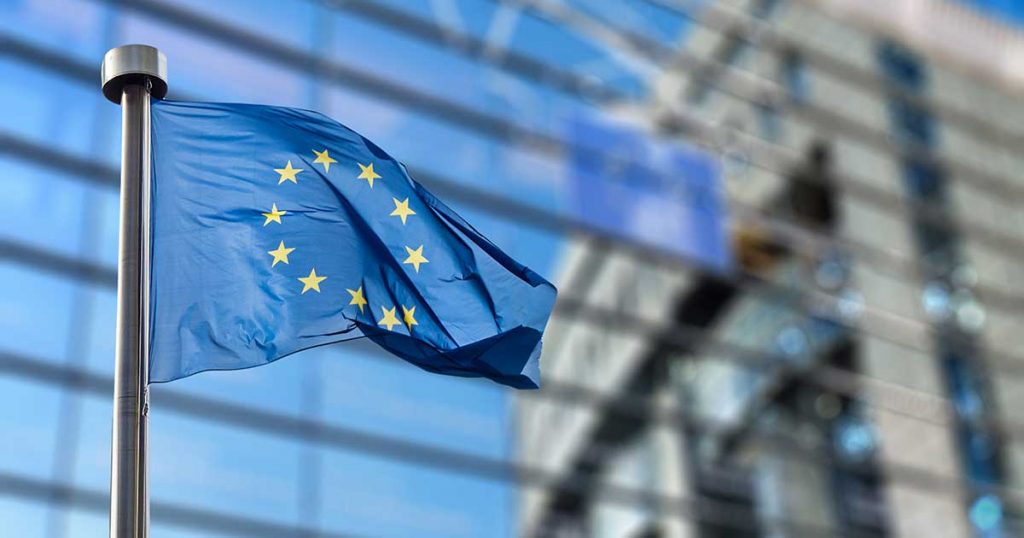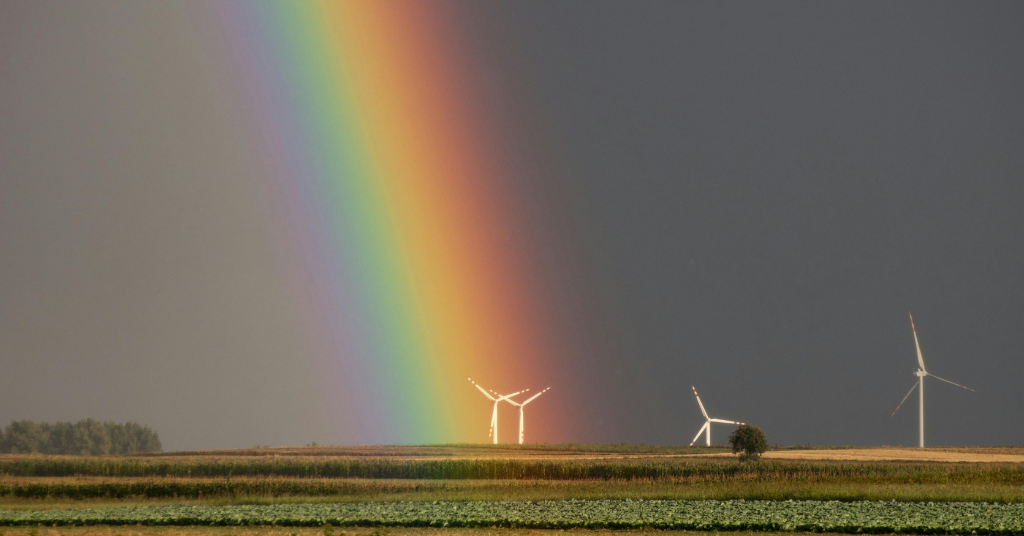Stricter rules to boost energy efficiency in the European Union
In 2012, the European Union adopted the Energy Efficiency Directive (EED), which requires Member States to reduce their energy consumption and improve efficiency; that’s a huge step towards achieving the EU’s ambitious climate and energy goals. It provides a framework for Member States to take action to improve energy efficiency, reduce emissions and save energy.
By improving energy efficiency, the EED helps to reduce energy costs and make the EU more competitive. In addition, it helps reduce greenhouse gas emissions, which is essential for achieving the goals of the Paris Agreement.
When it came into force in 2014, it established the framework for national energy efficiency policies and defined a few key measures that Member States must take to improve energy efficiency.
These included setting energy efficiency targets, developing plans, and implementing energy efficiency measures. Member states had to put their energy efficiency targets based on the best available technology and the most cost-effective options. They also developed national energy efficiency plans, which included specific measures to reduce energy consumption and increase energy efficiency. At the same time, they needed to establish effective monitoring and enforcement systems to ensure that the energy efficiency targets were also met. (This included ensuring that energy efficiency measures are implemented and that energy efficiency objectives are achieved.)
EU countries also had to establish energy efficiency obligations on suppliers and distributors. These obligations included energy efficiency improvements in buildings and energy efficiency requirements for products and services. Under EED, national authorities created energy efficiency labels for products and introduced energy audits to ensure the energy efficiency of buildings.
Reaching higher targets with better instruments
On 10 March European Parliament and the Council reached a provisional agreement to reform and strengthen EED: the ‘energy efficiency first’ principle is given legal strength with a clear requirement for EU countries to consider energy efficiency in policy, planning, and significant investment decisions in the energy sector and beyond.
The agreement establishes an EU energy efficiency target of 11.7% for 2030, exceeding the Commission’s original ‘Fit for 55’ proposal. It requires the EU Member States to collectively ensure an additional reduction of final and primary energy consumption, compared with energy consumption forecasts made in 2020.
From the current level of 0.8%, nations will be required to achieve new savings each year of 1.49% of final energy consumption on average from 2024 to 2030 to reach 1.9% by the end of 2030 gradually. This is a crucial instrument to drive energy savings in end-use sectors such as buildings, industry, and transport.
For you, it means that your government will have to promote local heating and cooling plans in large municipalities (45k+ inhabitants); with the revised definition of efficient district heating and cooling, minimum requirements will be gradually changed to ensure a fully decarbonized district heating and cooling supply by 2050.
Support for new high-efficiency cogeneration units using natural gas and connected to inefficient district heating and cooling systems will only be possible until 2030. In contrast, other fossil fuel use will be banned for new heat generation capacities in such scenarios.




